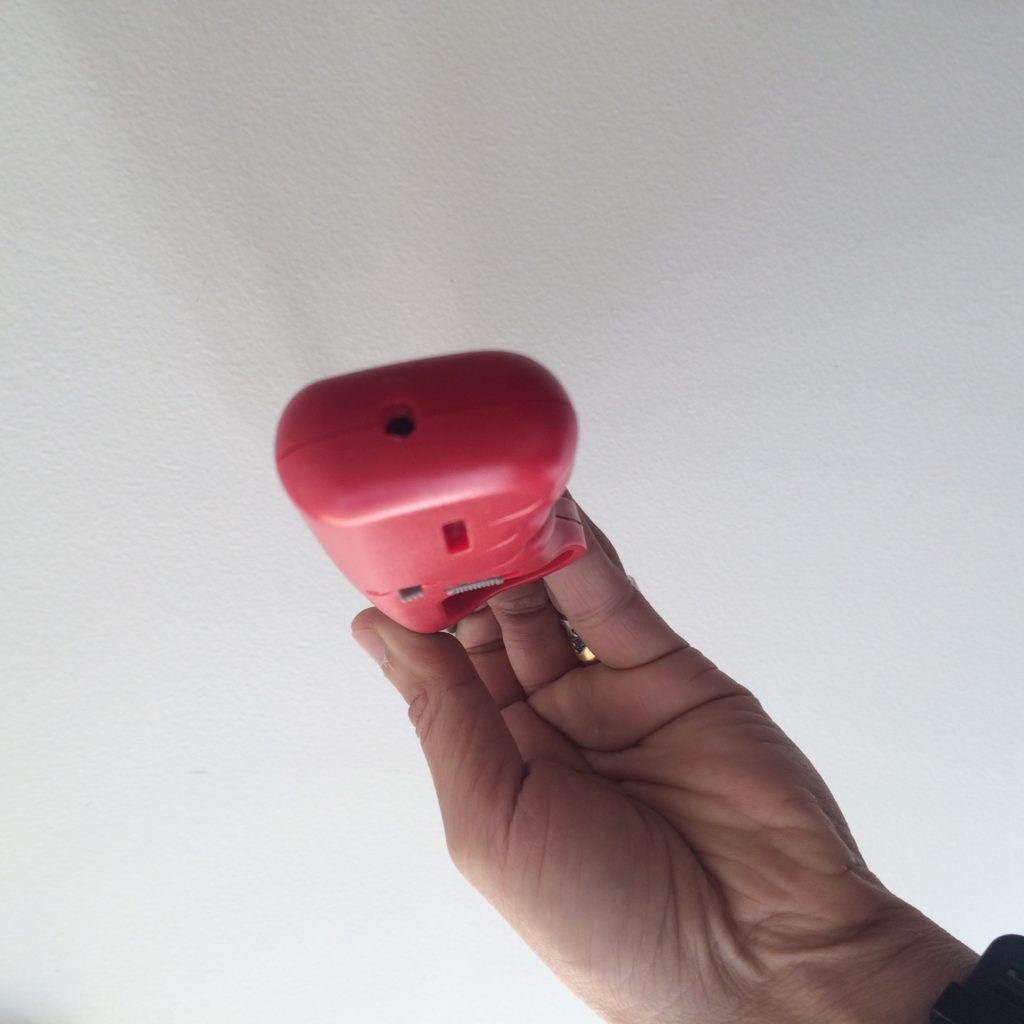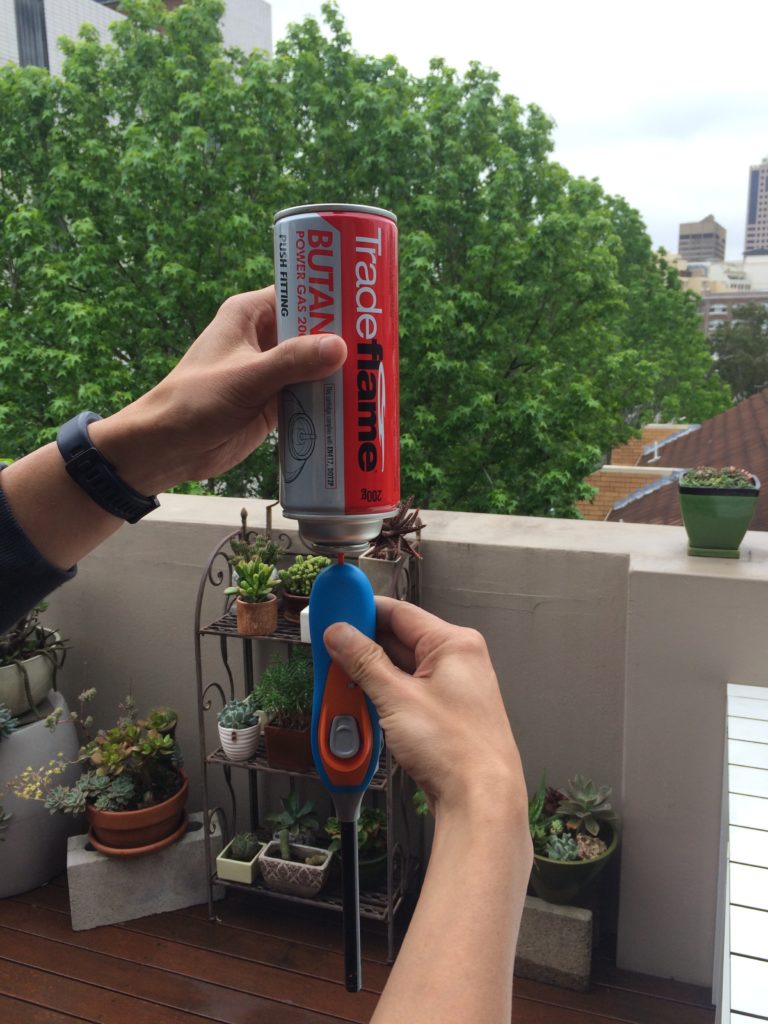 A Little Life by Hanya Yanagihara
A Little Life by Hanya Yanagihara
My rating: 4 of 5 stars
Spoiler alert: I assume that you have read A Little Life already and like me, are reading more about it to help you make sense of it! Please don’t read this if you haven’t read it or haven’t finished it.
For years, decades in fact, I never reread books. I felt that there was an infinite supply of good books that I should read, and that rereading one book would take away from reading a new book. But so many things in life have changed. I read much, much less than I used to. And I also have come to think: why not read a book that I know I have enjoyed?
In this circumstance, discovering ‘A Little Life’ was still on my iPhone and easily accessible in a needed context (for example, a long flight and it being easier to read something on a device than turning on the reading light on the plane, while others are trying to sleep) meant it was a no-brainer to read it again. And then I remembered, which seemed poetic, that I read it the first time at basically the exact time of year, seven years ago. Plus, I was curious: why did I love it so much the first time around? And then: why didn’t I like Yanagihara’s follow-up, ‘On Paradise’.
The first question is easier to answer. I did remember that there was trickery involved. That while the book appears to be a story about a group of four young men in New York City, it turns out to be about one of them, and his life, which may or may not be little. So, I suppose I’m surprised at how improvisational the start of the book feels. Was the trickery purposeful or not? Focusing briefly on other characters, and even speaking through other characters (the chapters of Harold, speaking to Willem, about Jude), but that the story, in the end is not about the four friends, but about Jude. It *could* feel like a writing exercise (‘practice writing from different points of view’) and yet, I was fully engaged throughout.
I’m not sure I remembered how much I enjoyed the writing itself, and the author’s intelligence of both practical and emotional matters. Her description of the law, and the legal profession, bring them to life, resounding with questions and energy. Same goes with her description of JB’s paintings, and some of the other modern art being created. I enjoyed the context, the structures around the lives of Jude and his friends. And I was struck repeatedly by how much I liked the writing: beautiful images, beautiful sentences, beautiful writing. Even trying to be more critical the second read, I found the writing original, beautiful and engaging, though I know that some critics found the writing in parts imprecise or overblown.
But most of all, I think what captured me was the exploration of big moral and emotional questions: What is the meaning of friendship? How do we trust? How do we repair? How shall we survive in the world both financially and emotionally? Can we change? All of these questions are addressed with such depth and passion, and the biggest questions: around how we love and care for each other, about what makes it worthwhile or not to live, about how much suffering a person can endure: Yanagihara’s passionate questioning made this a page-turning thriller, as much as her use of techniques to raise tension and resolve it. And I was drawn to read this book quickly and compulsively because I cared about the characters and wanted to know what happens to them.
There’s another obvious attraction. I’ve fantasised since my early 20s, I think, about living in New York City. On visits, I realised that this really was a fantasy; it’s a tough city and not an easy one to live in. I’m happy where I am, in Sydney. But the novel allows me to indulge that fantasy while I’m reading it. And another fantasy is that more often than not, a contrast to the horrible things in the book, the characters treat each other with love, respect and kindness, the friendship of created families, and I like the fantasy of that as well. I do love my friends, family and especially my husband, but there’s something heightened about the caring between people in the novel that I enjoy reading about.
I sense that the book is a sort of magic spell. If you fall under it, you love it (as so many people did), but for some, there are various things that break the spell. In the follow-up to Yanagihara’s success, I was interested to read criticism of ‘A Little Life’. One acquaintance said that it was pornographic in portraying and creating suffering and pain. And it is true. It does go overboard. In one passage, Jude wants to ‘hurt himself, to scoop out his insides and hurl them against the wall with a bloody thwack’. The pain, the suffering, is described both metaphorically and literally and it is uncomfortable. And repetitive, like Jude’s self-injurying, which only gets worse and worse.
Others pointed out that the author had admitted to doing no research in creating Jude. And it sounds like that’s another school of criticism, if you want the book to be realistic instead of being a fairy tale (an instructive one) or a tragic opera, meant not to capture reality but to evoke emotion and thought. I can imagine being offended and upset if my lived experiences didn’t match what’s been created.
The second reading, it was easier for the spell to break. Such is the power of fiction that the first reading I felt uncomfortable with but didn’t question just how much trauma is piled on top of trauma. While the book seems to be very positive about same-sex attraction and gays, the scenario portrayed is the worst nightmare of homophobes: that in any and every circumstance lurks abusive pedophiles who are willing to exploit and attack young men. Jude grows up in a monastery where he is abused until a young age (10?) and then escapes the monastery with one of the brothers, who then abuses him AND pimps him out across many states to hundreds of men. He escapes at around 11 or 12 to a sort of halfway house where he continues to be abused by the ‘counsellors’. He hitchhikes with truckers who are willing to exploit him before becoming imprisoned and then RUN over by a nasty ‘psychologist’.
It’s relentless. And that’s just the back story. Giving Jude as a first relationship a man who is wildly physically and emotionally abusive and does not suffer realistic consequences (being reported, being jailed) but karmic consequences (dying of cancer) is painful enough. All those of you who read the book know that the worst act of the author is giving Jude love, with his long friend Willem, only to kill Willem in an accident. I’d think that one, maybe two of these circumstances would be enough, but they’re piled upon each other and amplified, and the author has the choice of stopping, of giving Jude a happier story, some redemption. In a way, it feels like the author is one of Jude’s abusers herself: continuing to pile on the pain and trauma.
This also jars with I know about trauma. Jude is created as a savant. He sings beautifully, plays the piano, cooks at a gourmet level, can do household tasks like sewing and cleaning and baking bread. He has a genius-level intellect, supporting his career as a top lawyer. He is a botanist, knowing how to care for and grow plants. But from what I know, trauma, extreme trauma, blunts intelligence and life. While it’s clear that Yanagihara wants to create an unforgettable, truly original hero, who is both a genius and severely traumatised, I can certainly understand how this fictional creation does NOT work for some readers.
Other parts also jar. Sex, for Jude, is obviously emotionally and psychically traumatic, but it’s also described as physically painful. Always. Which, after hundreds of sexual experiences (mostly rape) and being able to perform the act convincingly well, I’d think it just wouldn’t be physically painful anymore. I mean, this is from a guy who cuts himself regularly. Jude is also described as having physically lasting effects from sexually transmitted infections, and honestly, having worked in sexual health, for men, he could have become impotent, which wouldn’t have mattered to him, but otherwise, this vague idea (as opposed to the graphic, in-depth descriptions of his physical scars and cutting) of him being permanently diseased is, I think, not right. I’m also not comfortable with the repetition of the theme, also relentness, of Jude’s guilt of not wanting sex with Willem. Lots of long-term couples stop having sex with each other. Still, I guess it’s just a heightened portrayal of Jude’s trauma: his lack of self-belief, his lack of love for himself, but it was something I noticed on a second reading.
The other fairy tale elements were the positive ones. Some critics disliked the descriptions of food, which I absolutely didn’t mind. But I did find it unbelievable that Jude’s circle of friends could, with ease, meet up in Paris, London and Rome, regularly. And I found it most unbelievable that Jude, so mentally unwell, could function at a top level, for a top law firm, at all times AND that he could do this while being disabled, more mild at first, but then with a double amputation? As I understand from disability advocates, this world is simply not accessible to all. That Jude, with severe mobility issues and disability, would be able to work and travel to Shanghai and London, and basically, to travel all over Europe and NYC and the surrounds: it snapped me out of the spell.
And yet, even though I was more critical the second time around, I was still surprised at how engaged I was (as evidenced by this quasi-review). I remember that the first reading, near the end, on a bus, I burst out into tears. I don’t think that’s happened before to me with a book. And it sort of short-circuits critical faculty. Which is an interesting point really: Does art have to make sense? Or be realistic? What if its aim is to make one feel? To think?
What I felt that first reading the most was a sort of love, that Yanagihara had created these characters, especially her hero, and described them in elegant prose that made emotional sense to me, and that I’d fallen a bit in love with them all. The second reading, I wasn’t as surprised by it, knowing what would happen, but WAS surprised by how engaged I was by it again, how beautiful I found the writing, and how interesting the questions. I think it really is an interesting work of art.
Which then leaves me with the question: what happened with her next book ‘To Paradise’. Her skillful writing didn’t draw me into the three stories. In the end, I felt more perplexed than anything else. Could it be that Jude is the one she loved the most, and the questions raised by his story? And that passion for him, and his chosen family, came through and elevated the writing.
The criticism of A Little Life is fascinating. Writing in Salon, Christian Lorentzen says Jude is a ‘vacuum of charisma’ and blames the author for Jude being an ‘infuriating object of attention’ but more of a ‘concept’. He uses Yanagihara’s own words to point out her lack of research, implying a lack of truthfulness about the characters and story. It’s really a very odd review, as it delves into the book deeply and describes scenes and characters but seems to tease with his criticism: it’s clear he disliked the book and all the characters except one, but the clearest criticism is in the headline, which he might not have written! ‘dull prose, lazy plotting and stereotypical characters’ … ‘2015’s most infuriating, overpraised novel’.
A much more illuminating review is in Vox by Constance Grady, though still quite mean, saying she’s not a good writer, and both of Yanagihira’s books are indulgent and dishonest. But at least she explains why, in a way I found convincing, and surprising by likening the work to fan fiction, writing mainly by straight women imagining romance between gay men. While the spell wasn’t broken for me in A Little Life, by To Paradise, I did wonder why the fascination with gay men, and if she had anything new or enlightening or interesting to say. In fact, I didn’t notice my first read the terrible and continuous pedophile association with gay men and the gay characters really don’t have a lived sense of being gay, being outsiders. Nor does love or sexuality free or elevate them. So, as a gay man, I’m not so happy that we’re just pawns in her novels, moved around as representations of otherness without illumination. The bigger criticism, which I’m happy that Grady pointed out, and agree with is that there’s a purposeful message in A Little Life which is uncomfortable: that pain and trauma can’t be healed; the only solution is death; therapy, and particular talk therapy doesn’t help, nor do relationships, support or friendships. I read one interview where Yanagihara was proud to have gone for an unhappy, tragic ending, to not follow suit of contemporary literature’s love of redemption and a happy ending.
I feel ambivalent. Some critics feel that her use of melodrama and trauma are a cheap trick, a sign of bad writing. And yet the book was hugely successful and deeply touched so many readers. Not that mass readership is a sign of a good book (Fifty Shades of Grey, The Da Vinci Code) but as a writer and reader, I really did love a lot of Yanagihara’s writing, and her plotting and characterisations drew me so firmly into the book that, as I said, I fell firmly under its spell. While I may be more ambivalent about the book now, it’s not a bad sign that the book caused controversy and debate, as much good art does.


 (Originally posted 14 December 2017): Does anyone else have this problem? I’ve never liked cigarette lighters. I spin the little metal dial, get the flame up, and then when trying to light my tea lights (which is the main reason why I would use a lighter), I manage to angle the lighter so that it burns my fingers. In situations where a gas stove needs lighting, I have always had the fear that I will light the gas and my whole hand.
(Originally posted 14 December 2017): Does anyone else have this problem? I’ve never liked cigarette lighters. I spin the little metal dial, get the flame up, and then when trying to light my tea lights (which is the main reason why I would use a lighter), I manage to angle the lighter so that it burns my fingers. In situations where a gas stove needs lighting, I have always had the fear that I will light the gas and my whole hand. The worst advice involved removing the cartridge from a cigarette lighter and then removing the cartridge from the long lighter, and putting the cigarette lighter cartridge into the long lighter AFTER you’ve made a few small adjustments.
The worst advice involved removing the cartridge from a cigarette lighter and then removing the cartridge from the long lighter, and putting the cigarette lighter cartridge into the long lighter AFTER you’ve made a few small adjustments.


